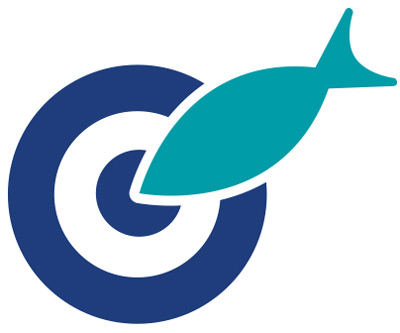Today's Main Story: Greenpeace Attacks Ray  Hilborn as 'Overfishing Denier' as He Receives Major Int. Science Prize
Hilborn as 'Overfishing Denier' as He Receives Major Int. Science Prize
Greenpeace attacked the Univeristy of Washington's Professor Ray Hilborn by questioning the funding he has received to study global fisheries stability. Hilborn is a world renown fishery researcher whose 40-year-career has contributed to the worldwide understanding that when fisheries quotas and habitat protections are enforced, stocks recover and can be fished sustainably. The attack comes just two weeks before Hilborn will accept the International Fisheries Science Prize at the World Fisheries Congress for his contributions to fisheries research. John Sackton writes how Hilborn's work "is anathema to Greenpeace, whose fisheries activism depends on maintaining a continuous atmosphere of crisis." Our story includes Hilborn's entire response to Greenpeace's attack.
Declines in both farmed and wild salmon are likely to contribute to stronger market prices this summer. Alaska's wild salmon season is forecast to be 40 percent because of an off-year for the pink run. Meanwhile, farmed salmon supplies are expected to fall short in 2016 after an algae bloom in southern Chile killed millions of fish this past February.
California's Fish and Game Commission say the state's commercial Dungeness crab fishery could be threatened by more toxic algae blooms for years to come. The Commission based the claim on reports projecting Pacific waters to warm and ocean acidification to intensify. “Estimates of future carbon dioxide levels, based on business-as-usual emission scenarios, indicate that by the end of this century the surface waters of the ocean could be nearly 150 percent more acidic, resulting in an [acid level] that the oceans haven’t experienced for more than 20 million years," said one report from NOAA’s Pacific Marine Environmental Laboratory.
In other news, Oregon's pink shrimp industry stand down lasted less than a week. The industry hoped the West Coast shrimp fleet -- including those from both Washington and California -- would hold together and cease fishing until the pinheads grew larger. However, the stand down ended after half a dozen vessels from Washington state commenced fishing in Oregon's waters earlier this week.
Finally, attendance at the Seafood Expo Global in Brussels was probably down about 15 percent this year after the terrorist attacks in the city caused a number of exhibitors and attendees to revise their plans. However, those that went generally had a high priority or strong reason for going, and for some exhibitors, that meant the quality of business done was much better than expected. "We were pleasantly surprised. We had many, many customers in our booth, and commitments for advance purchases," said Tom Sunderland, VP of Ocean Beauty. "We were very happy we made the decision to go ahead with our plans for the show."
To Read Full Story Login Below.